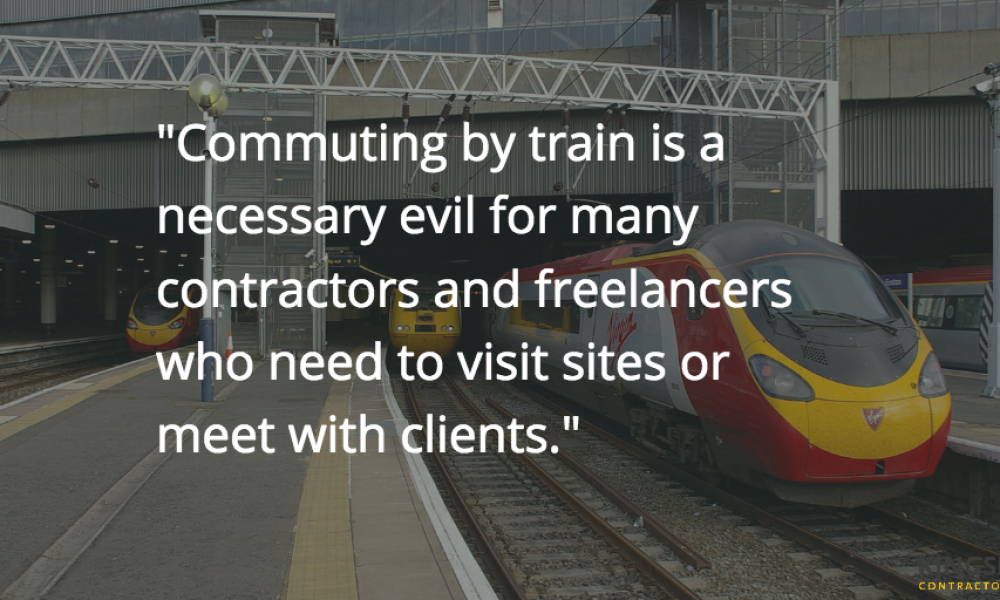Inside vs Outside IR35 a Positive Outlook
Operating through a Personal Service Company (PSC) and working outside IR35 provides contractors with a wealth of benefits. For instance,…
Price hikes and poor service have seen the UK’s troubled rail transport system hitting the headlines again over the last…

Price hikes and poor service have seen the UK’s troubled rail transport system hitting the headlines again over the last month or two. But until we master the power of teleportation, commuting by train is a necessary evil for many contractors and freelancers who need to visit sites or meet with clients. This blog offers some tips to make commuting less expensive and more productive.
A quirk of the ticketing system in the UK means that splitting your journey in half and buying two separate tickets can work out far, far cheaper than buying one ticket for the whole journey.
For example, if you need to travel from Birmingham to Reading and back, splitting your ticket at Banbury can save you nearly £60. There are helpful online tools such as Trainsplit to help you find the best ticket combos for your journey. You don’t have to get off at the intermediate station, though the train you travel on does have to stop there.
Split ticketing can be doubly useful if part of your journey falls into peak times but the rest is outside it. To take the example above, although your train might leave Birmingham at peak time, requiring you to hold a peak ticket for this portion of the journey, by the time you get to Banbury the peak period may have passed, meaning that you can use an off-peak ticket for the remainder of the journey to Reading.
If you are able to, take advantage of the flexibility of being freelance and schedule meetings so that you can travel off-peak for cheaper train fares.
With rail fares it is usually a case of the earlier the better, though you can still make savings even by booking just hours before you travel. For the best savings, book as tickets are released, which is usually 12 weeks ahead. The Trainline has a handy tool that allows you to set up an alert that will email you as new tickets are released for your chosen journey.
Whatever tools you use to find the best prices for your journey, don’t automatically book through that agent. First check whether there is a booking fee. All rail operators are able to sell tickets for all journeys, and many don’t charge a booking fee, so if the site you’re on is looking to whack an extra pound or two onto the price for the privilege of selling you a ticket, try to find the same journey elsewhere.
How to make the most of your time once you’re on the train really depends on whether the operator has decent, free or cheap Wi-Fi, and if you manage to bag a seat. A compact laptop or simply a tablet can make working on the go more manageable, but if you are going to be fighting a dodgy connection or paying extortionate data charges, it’s probably not worth it. Instead try using train time as offline time, to brainstorm new ideas or catch up on essential reading like industry publications or contractual details.
But if you do hit the jackpot, with a cushy table seat, room for your laptop and a strong, free Wi-Fi connection, why not spend 10 minutes of your journey getting a quick quote for insurance from Kingsbridge? We’re available online 24/7.